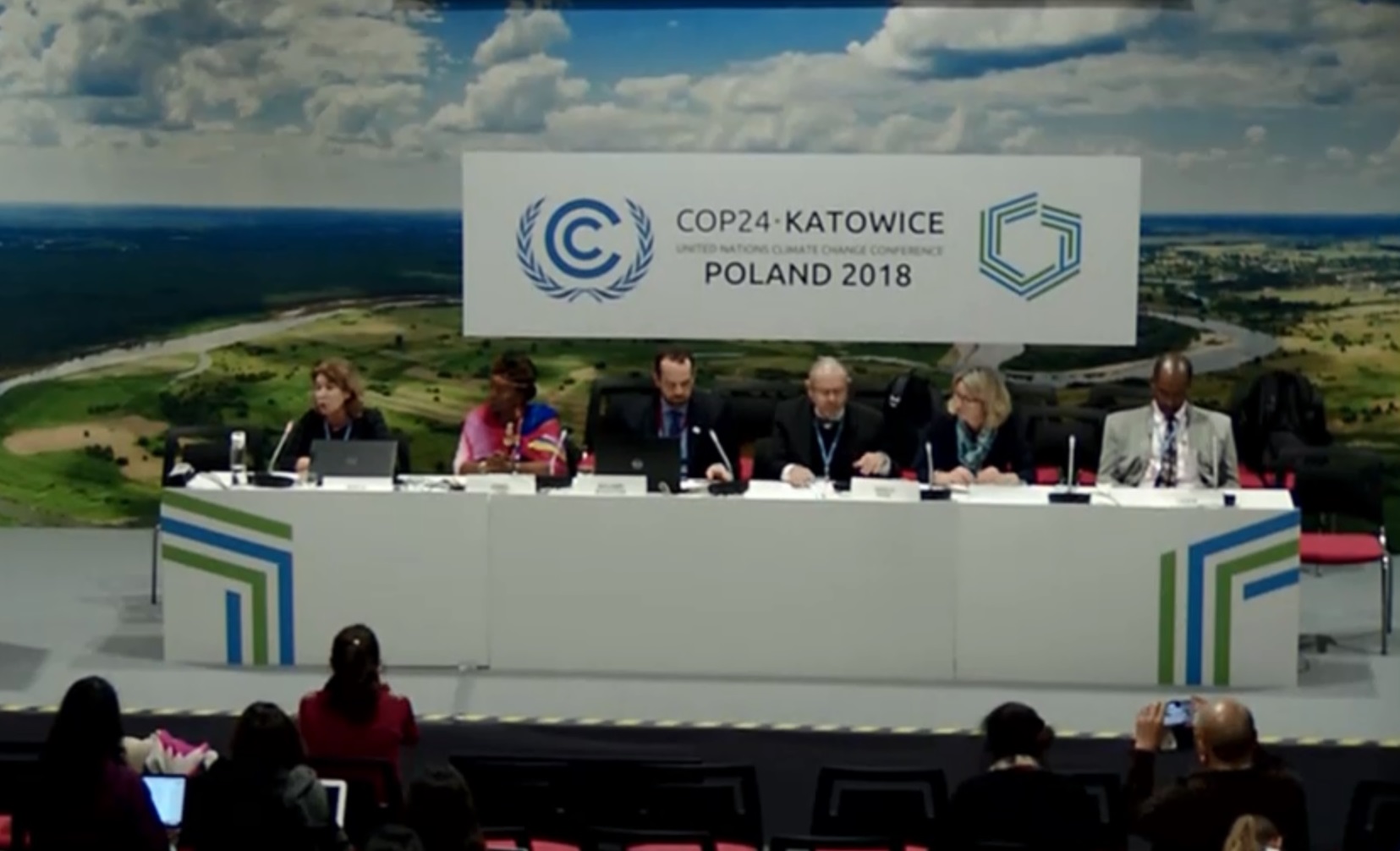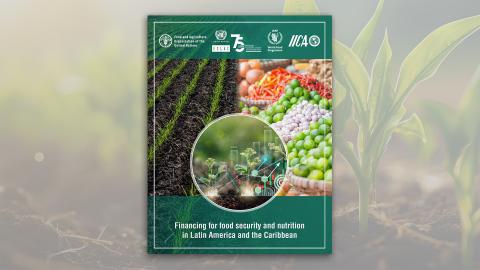News
The recently adopted Regional Agreement on Access to Information, Public Participation and Justice in Environmental Matters in Latin America and the Caribbean (“Escazú Agreement”) was highlighted in two events during the 24th Conference of the Parties of the United Nations Framework Convention on Climate Change (UNFCCC) in Katowice, Poland.
Briefing: “Promoting the Aarhus and Escazú Principles in the COP24 outcomes”
On 3 December 2018, a briefing for Parties of the United Nations Economic Commission for Europe (UNECE) and the United Nations Economic Commission for Latin America and the Caribbean (ECLAC) was organized by CIEL, EarthJustice and Friedrich Ebert Stiftung. Representatives of Costa Rica, as co-chair of the Escazú Agreement, and ECLAC, as Technical Secretariat, delivered presentations.
The session aimed to seeks to promote a better understanding of the scope of their national commitments related to the promotion of public participation in international processes related to the environment and to provide some indication of relevant items on the agendas of the COP24 whose outcomes could potentially lead to the promotion of public participation in climate-related decision making.
In its presentation, ECLAC underscored the relevance and central elements of the Escazú Agreement as well as its key role in strengthening climate action. It also mentioned the provisions on human rights defenders in environmental matters and capacity-building as crucial aspects of the agreement and its relationship with other forums and processes in environmental matters.
On 10 December 2018 (International Human Rights Day), OHCHR led with the co-organization of ECLAC, UN Women, UNICEF, UNCTAD, UNDP, UN HABITAT and ILO, a side event to analyze how the Paris Agreement Work Programme can and should ensure the right to participation, particularly for persons living in poverty that are disproportionately affected by climate change, and discuss concrete examples of how employing a participatory human rights based approach to climate action promotes sustainable development and the eradication of poverty.
The objective was to emphasize the importance of a human rights-based approach to climate action for the eradication of all forms of poverty and particularly to promote the effective enjoyment of the right to participation by all in climate decision-making by emphasizing that this is both an ethical and legal obligation of States and imperative for more effective decision-making.
The Director General for Environmental Matters of the Ministry of Foreign Affairs and Worship of Argentina, Marcia Levaggi, presented the Escazú Agreement as a specific instrument to mainstream public participation in climate action. She underscored its importance to engage in decision-making those persons and groups in vulnerable situations, particularly those most affected by climate change. In the subsequent dialogue, delegates from Costa Rica and Antigua and Barbuda, among others, made statements on the Escazú Agreement.



